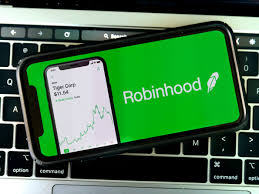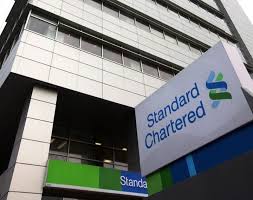Alphabet, the parent company of Google, announced on Friday that it has reduced its ownership of Robinhood markets by over 90%, just days after the trading app announced that it had achieved profitability for the first time since going public.
After becoming the most popular financial technology app during the epidemic because of its commission-free trades and user-friendly layout, Robinhood has been battling to regain its footing ever since.
The tightening cycle of the Federal Reserve last year hurt stocks, particularly high-flying tech stocks in which there was a lot of retail interest, which hurt Robinhood’s operations.
The company’s stock has dropped 86% since peaking in August of the same year when its trading platform became the focus of a meme stock craze.
According to Refinitiv statistics, Robinhood announced earlier this week that it had earned 3 cents per share in the second quarter when analysts were anticipating a loss of 1 cent.
The platform’s monthly active users fell to 10.8 million, down one million from the first quarter and down 3.2 million from the previous year, as retail traders continued to exercise caution in light of the turbulent market circumstances.
Robinhood, situated in Menlo Park, California, is looking for new revenue sources to offset this decline in its core trading operation. It decided to purchase the credit card and financial technology company X1 in June for around $95 million.
As of June 30, according to Alphabet’s regulatory filing, it owned about 612,214 shares of Robinhood, down from 4.9 million at the end of the first quarter that ended March 31.
Alphabet’s stake would have been worth almost $7 million as of Thursday’s latest close on Robinhood.

















